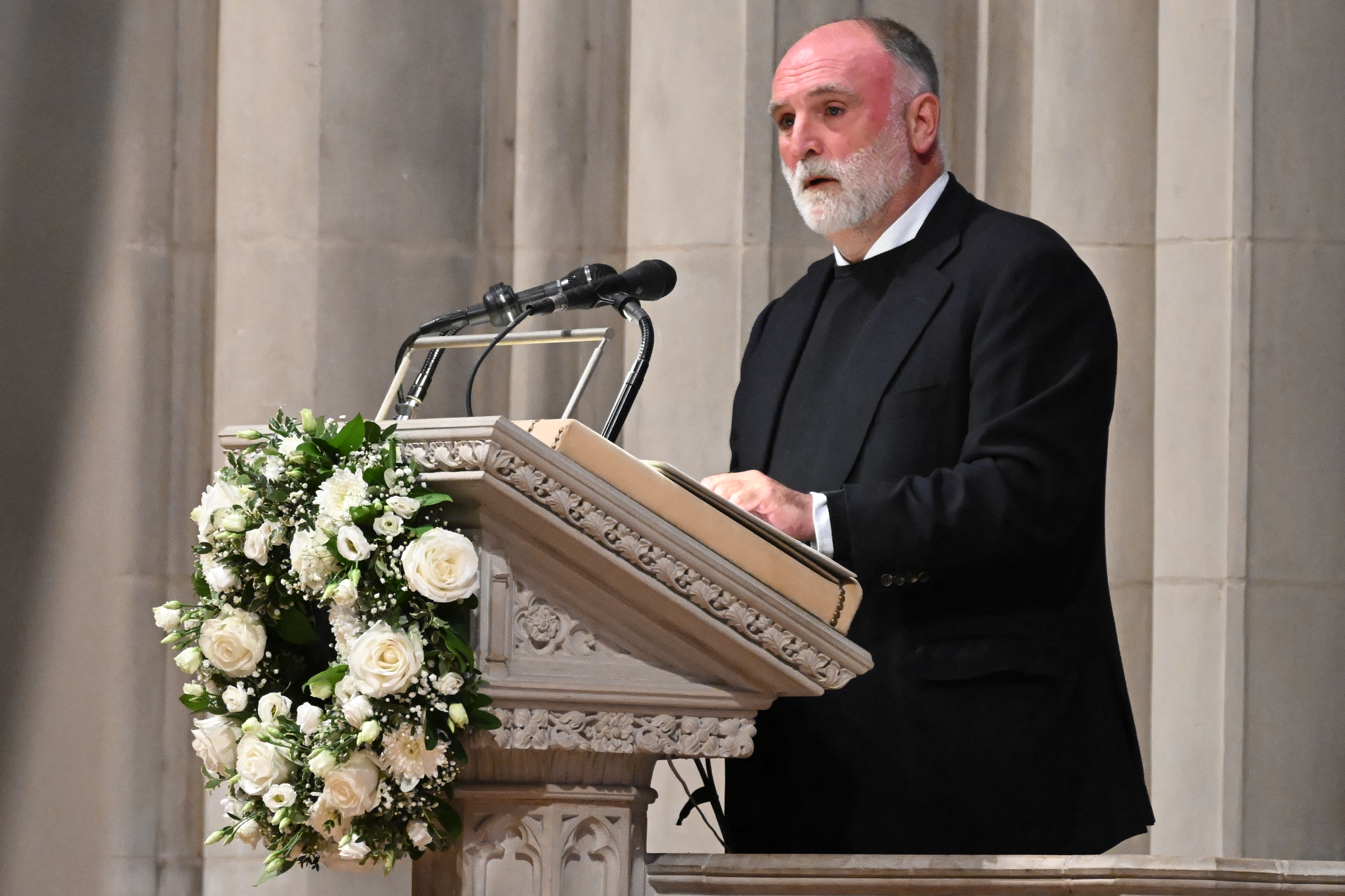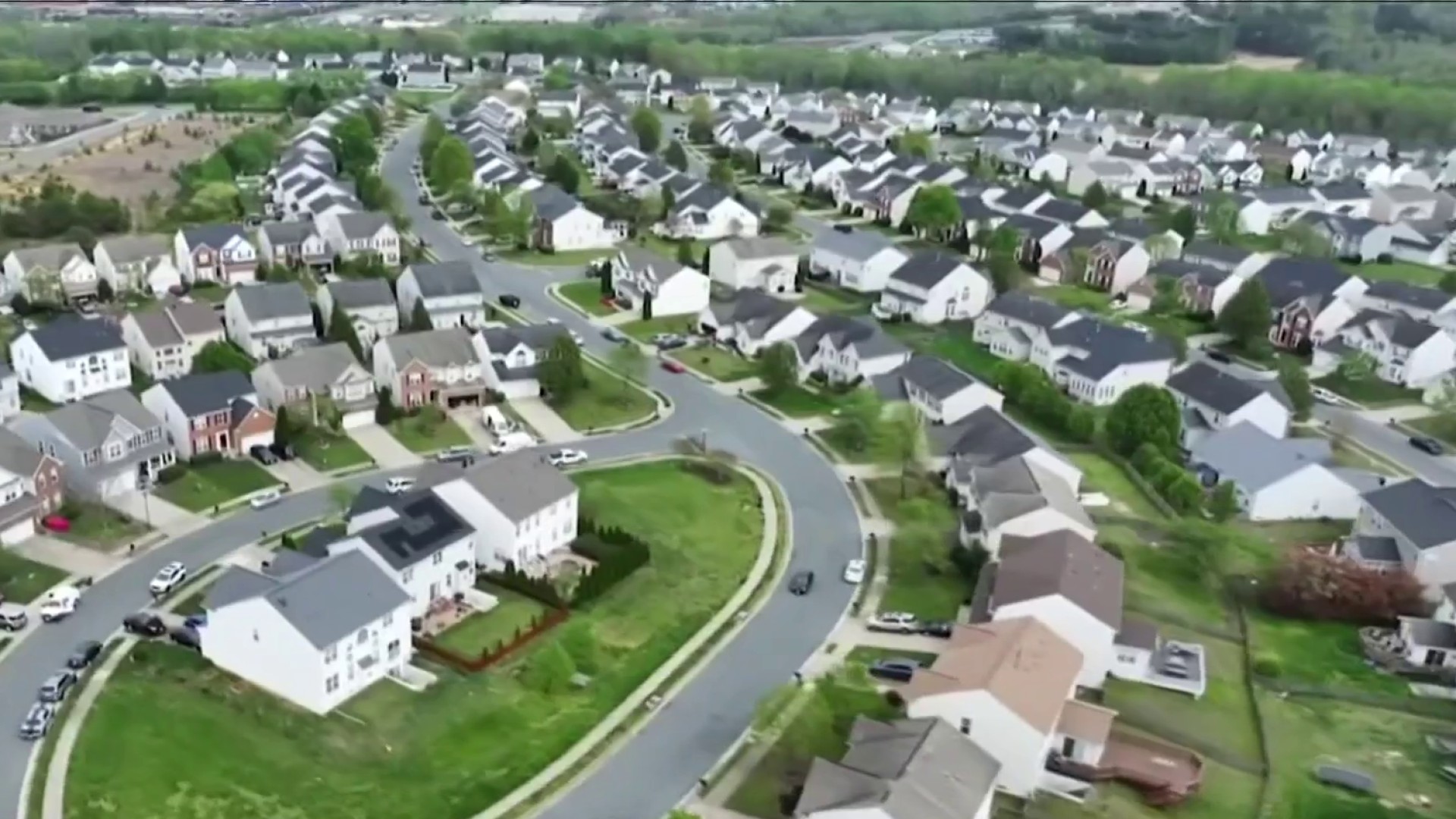The plane carrying two of the Russians involved in the spy swap landed at Dulles International Airport at about 5:30 p.m. Friday
The maroon-and-white Vision Airlines Boeing 767 rolled to a stop a few feet away from a waiting cavalcade of SUVs. Representatives of the State Department and possibly the CIA likely were in that motorcade.
The Russians are expected to be taken to an undisclosed location for a health examination and a long debriefing before beginning their lives in the United States, News4's Jackie Bensen reported.
The White House began deliberating the spy swap with Moscow almost a month ago, well ahead of the arrests of 10 Russians in the United States -- including three in northern Virginia -- less than two weeks ago, a White House official said Friday.
In the course of the following negotiations with Moscow, the United States put forward the names of the four people who were released by Russia on Friday as their part of the bargain, the official said, briefing reporters on condition of anonymity under ground rules set by the White House.
The swap took place Friday in Vienna. The plane to Dulles reportedly stopped in England along the way. The White House official said all of the children of the Russian spies had left the United States for Russia or were in the process of leaving.
One of the spies released from Russia lived in Maryland before. Alexander Zaporozhsky and his wife, Galina, lived in Cockeysville, a suburb north of Baltimore, for several years before his 2001 arrest. Zaporozhsky, a former colonel in the Russian Foreign Intelligence Service, may have exposed information leading to the capture of Robert Hanssen and Aldrich Ames, two of the most damaging spies ever caught in the U.S.
Zaporozhsky retired from Russian intelligence in 1997 and settled in the United States, buying a home in Cockeysville in 1999. But he was lured back to Russia in 2001 and arrested, then convicted of espionage and sentenced 18 years in prison.
A man who answered the phone at the Cockeysville home of one of Zaporozhsky's sons, Pavel, declined to comment.
Sergei Skripal, Igor Sutyagin and Gennady Vasilenko also were released by Russia.
Local
Washington, D.C., Maryland and Virginia local news, events and information
Skripal, a former colonel in the Russian military intelligence, was found guilty of passing state secrets to Britain and sentenced to 13 years in prison in 2006. He was accused of revealing the names of several dozen Russian agents working in Europe.
Sutyagin, a military analyst with the U.S.A. and Canada Institute, a respected Moscow-based think-tank, was sentenced to 15 years in 2004 on charges of passing information on nuclear submarines and other weapons to a British company that Russia claimed was a CIA cover. Sutyagin has insisted on his innocence, saying the information he provided was available from open sources.
Vasilenko, a former KGB officer employed as a security officer by Russia's NTV television was arrested in 2005. In 2006 he was sentenced to three years in prison on murky charges of illegal weapons possession and resistance to authorities. Reasons for his involvement in the swap weren't immediately clear.
The Russian agents living in the U.S. had been under observation by U.S. authorities for a decade. The decision to move against them was precipitated by indications that some planned to leave the United States this summer, the official said.
The case was brought to the White House in February by officials of the FBI, CIA and Justice Department. They presented the broad contours of what was known as "the illegals program" and some specifics about the individuals involved. That triggered weeks of meetings at the White House about how to proceed.
In early June, a decision was made to take action against the Russians and on June 11, a Friday, President Barack Obama was briefed on the matter in the Oval Office. He was told about plans for the arrests, how they would occur, what the Russians would be charged with and the possible impact of the case on U.S.-Russian relations, the official said. That's when the idea of a swap was raised, in a list of options.
Thirteen days after learning of the case, Obama met at the White House with Russian President Dmitry Medvedev, and the two men went out for hamburgers. Obama did not mention the spy case, the official said.
Within days of the arrests on June 27, the United States offered to talk with Russia about an exchange of the 10 people in custody for four people held in Russian on charges that they had spied for the United States. CIA Director Leon Panetta and Russia's spy chief worked out the exchange, the largest spy swap since the Cold War, a separate U.S. official said.
Panetta had already developed a sound relationship with Mikhail Fradkov, head of Russia's Foreign Intelligence Service, that allowed them to quickly clinch the deal, which traded the 10 Russian sleeper agents for the four prisoners in Russia.
As part of the swap, there was an understanding by both sides that the deal should not be accompanied by any retaliatory steps or other actions, the U.S. official said.
The U.S. government has declared itself pleased with the outcome, saying it got everything it wanted out of the case.



